A fellow blogger recently made the comment:
I don’t want to influence. I want to leave a legacy.
I struggle with the concept of legacy. Merriam-Webster defines legacy as something received by a predecessor. Encarta adds that legacy is associated with something that is outdated.
When I was the president of the Human Resource Association of Broward County, people would always ask me – What’s going to be your 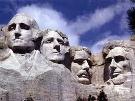 legacy? I got the same question when I became the president of HR Florida. My answer? I didn’t want to leave a legacy. I just wanted to run the organization well.
legacy? I got the same question when I became the president of HR Florida. My answer? I didn’t want to leave a legacy. I just wanted to run the organization well.
Seth Godin recently talked about the challenges of legacies. It was a good read for me because it encapsulated the problem I see most often with legacies. The organization then needs to carry it forward. Here’s an example: An association president creates an event or an award. It’s important to them. So important that it becomes their legacy.
Over the years, the next president creates something. And the next one. And so forth. Before you know it, the association has all these events to support. Maybe some of them are well attended and supported. Others, well, maybe not so much. So the association decides to stop doing some of them. Or merge them with some other event. Or change them in some way.
It’s not done for spite or even with disregard or disrespect for whoever created the event. The organization simply can’t maintain and support everything that’s been created over the years.
Now some former president of the association is all wonky because their legacy has been changed or discontinued. Feelings get hurt and relationships are impacted. IMHO, all because the president wanted to create a legacy.
It’s one thing to leave a lasting positive impression on others. It’s another to create something with the impression it will last forever. There’s a difference. It starts with recognizing which one you want. And recognizing what’s best for the organization.
Image courtesy of uhuru1701
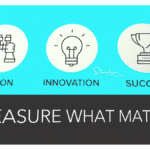
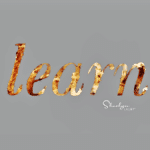
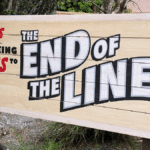
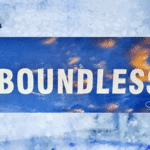



RMSmithJr says
OED says; “something left or handed down by a predecessor.”
Thank you for this excellent perspective. Using the IT concept of legacy systems as ‘ones difficult to replace’, remembering the collective uncertainty of Y2K, and we still have many legacy automation systems running on the big iron of yesterday.
What is best for any organization is sustaining excellence while solving legacy systemic problems. I’m the treasurer for my local HR Association. My legacy is updating the accounting system infrastructure from a single laptop to the cloud. When I am done, there will be a succession plan for the Treasurer position. Past is backup and mentor to the Present who will recruit for Next. This gives us three deep coverage and mutual oversight.
Sharlyn Lauby says
Thanks for the comment Robert. I like the idea of sustaining excellence while at the same time solving legacy systemic problems. Well said.
John Sumser says
I think your fellow blogger could easily be translated to mean, “I don’t want to influence people now, I want to influence them in the future.”
I’m tempted to say that a legacy is exactly institutionalized influence.
This entire conversation gets pretty complicated because the language is so imprecise. Running an organization well, setting that as a role model, is an approach to managing that is likely to create enduring changes in the organization’s DNA. That’s one more kind of influence.
Kaley Klemp says
Interesting point. It does seem that people get so sidetracked by the idea of leaving a tangible legacy that they forget to make a positive influence in the here and now, which is what their “legacy” really should be.
Marieke says
Hi all, interesting points about legacy, we indeed believe that it is a institutionalized influence. We try to consult our clients on this topic in Holland (http://www.testgroup.eu)
Thanks for the information!
Sharlyn Lauby says
@John – I agree that the language is complex. It makes for interesting conversation. Thanks for the comment!
@Kaley – Thanks for sharing. I like your point about focusing on the “here and now.”
@Marieke – Thanks for sharing the resource!